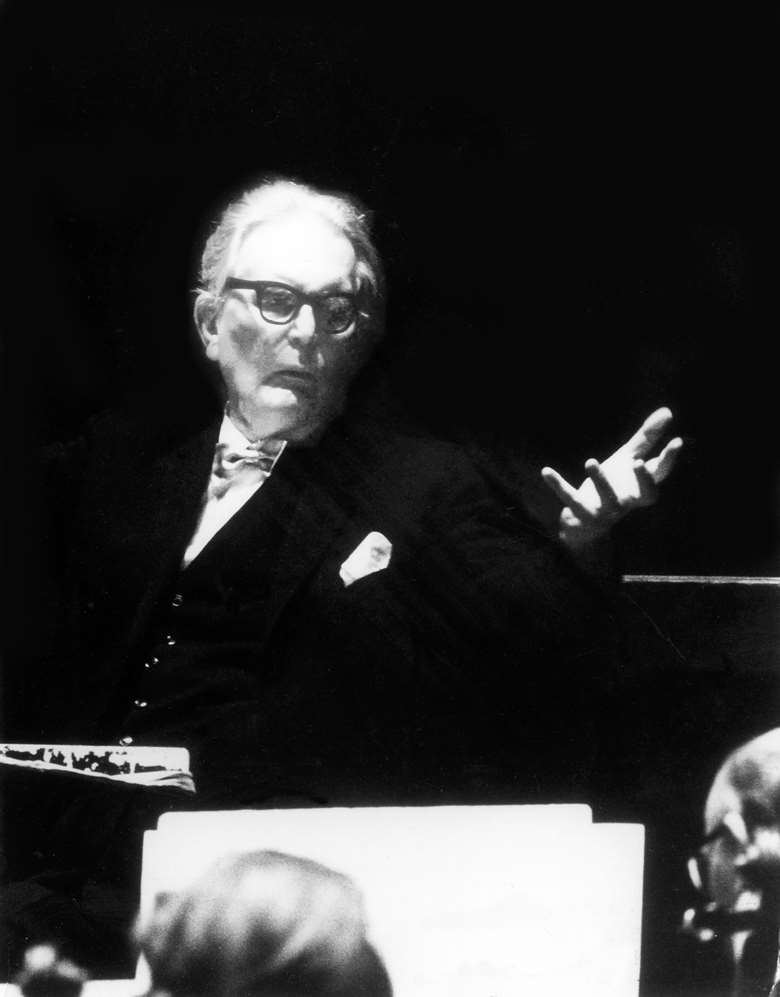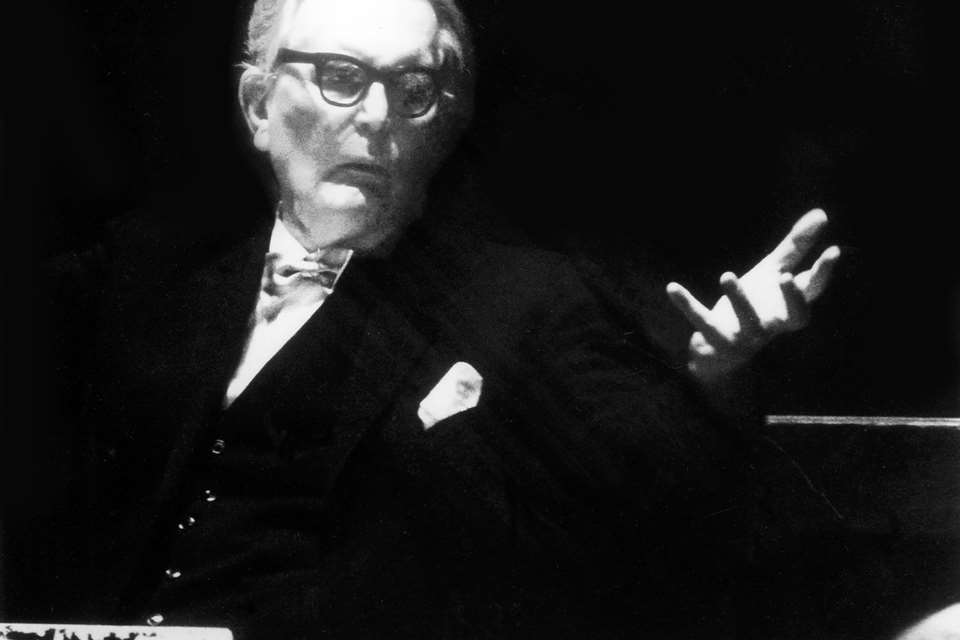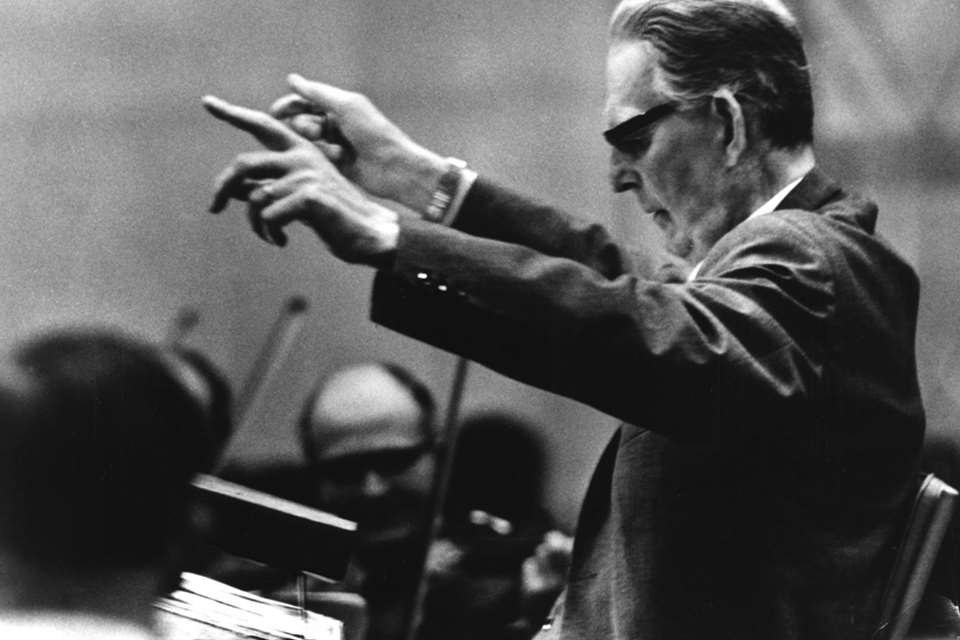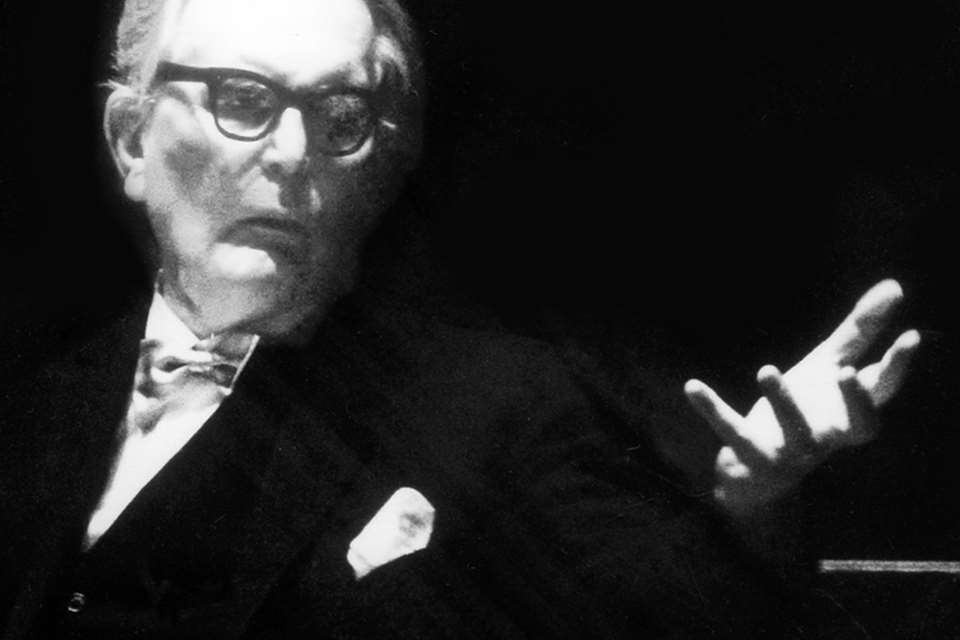Otto Klemperer - a monumental life on record
Jon Tolansky
Tuesday, May 30, 2023
As we mark the 50th anniversary of the conductor's death, we explore the links between his life and music - plus, hear interviews with people who knew him

Register now to continue reading
Thanks for exploring the Gramophone website. Sign up for a free account today to enjoy the following benefits:
- Free access to 3 subscriber-only articles per month
- Unlimited access to our news, podcasts and awards pages
- Free weekly email newsletter











